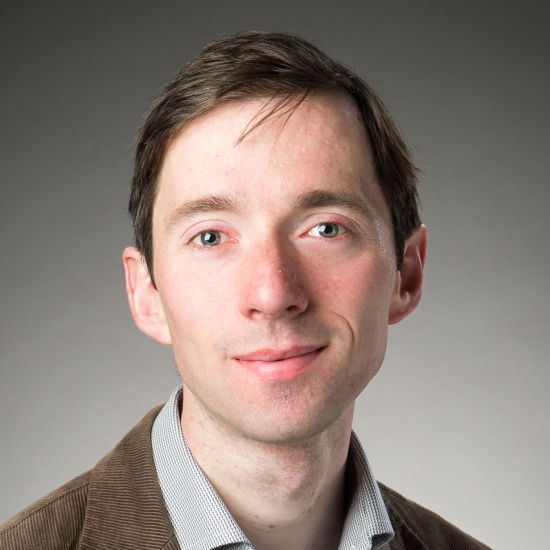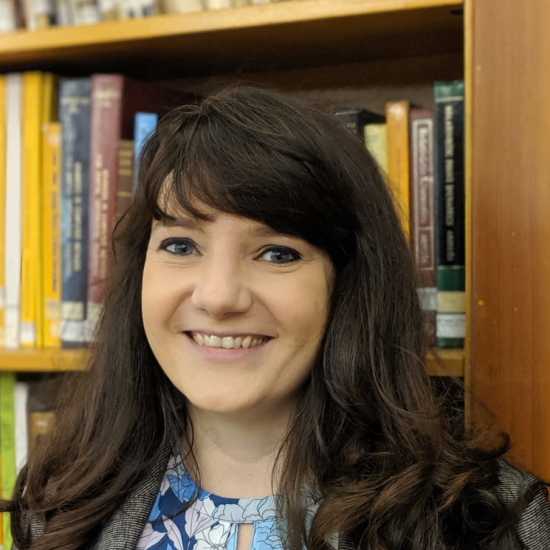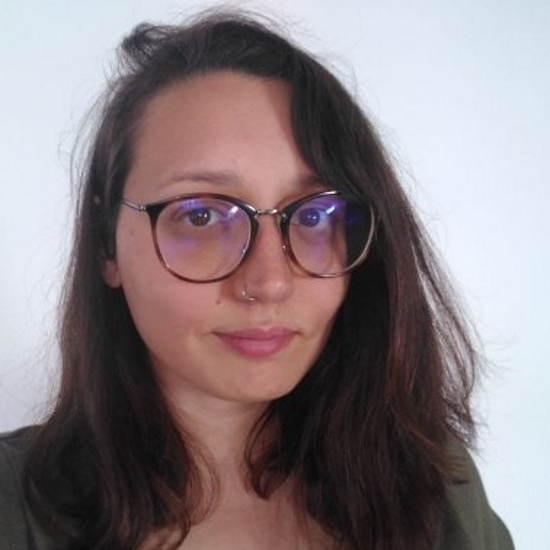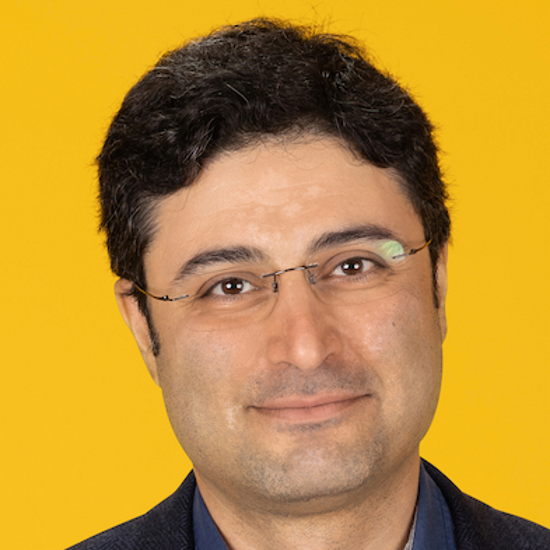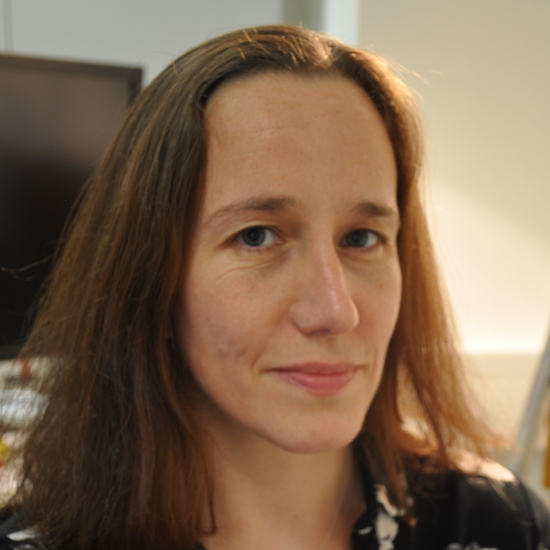Follow-up event for Theo Murphy meeting 'Open, reproducible hardware for microscopy'

Follow-up event for Theo Murphy meeting 'Open, reproducible hardware for microscopy' organised by Dr Richard Bowman, Dr Caroline Müllenbroich, Dr Benedict Diederich, Dr Julieta Arancio, Dr Sanli Faez and Professor Gail McConnell.
This follow-up event is designed to keep the conversation going after 'Open, reproducible hardware for microscopy.' We’ll review what was discussed and accomplished during 'Open, reproducible hardware for microscopy' and explore potential next steps for taking action.
This event will be held online on May 30, 2023, at 2.30pm UK time. It will be an interactive and collaborative session, so please come prepared to share your thoughts and ideas.
If you’re interested in attending, please apply to attend. Should your invitation request be successful, we will be in touch with Zoom details to attend the meeting. This is an online meeting only.
Organisers
Schedule
Chair
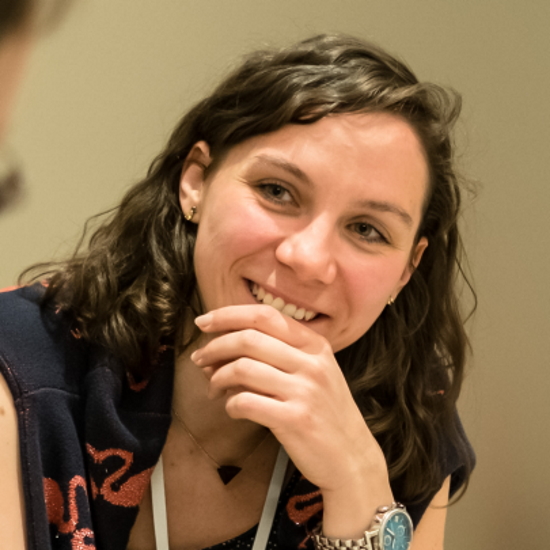
Dr.-Ing. Barbora Marsikova, Max Planck School of Photonics / Friedrich Schiller University Jena, Germany

Dr.-Ing. Barbora Marsikova, Max Planck School of Photonics / Friedrich Schiller University Jena, Germany
Barbora Marsikova studied optometry and then mechanical engineering with focus on Optics and Microscopy in the Czech Republic where she comes from. Afterwards she continued by doing a PhD in Jena, Germany. Barbora had the great opportunity to work on the openUC2 project, she specialized in developing the documentation, hardware design, and applications in the educational area. Now she works as the scientific coordinator of the Max Planck School of Photonics, a Germany-wide graduate program. Barbora also, already twice, had the chance to help out in the Open Hardware Makers program as a mentor.
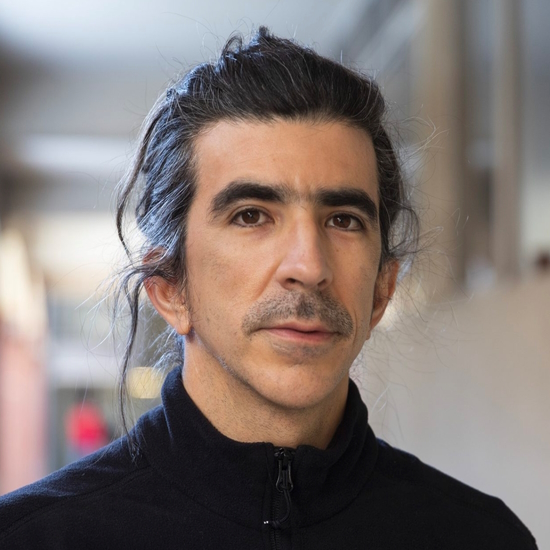
Dr Fernan Federici, Universidad Catolica, Chile

Dr Fernan Federici, Universidad Catolica, Chile
Fernan is a molecular biologist from Mendoza, Argentina, working as Associate Professor at the Institute for Biological and Medical Engineering UC and iBio Millennium Institute in Chile. He studied two years of Agricultural Engineering at UNCuyo (Argentina) and received a BS in Biology from UC (Chile) and a PhD in Biological Sciences from the University of Cambridge (UK). His main interest is the study of emergent pattern formation in bacterial systems, applying synthetic biology tools and biophysical modelling combined with open source hardware for microscopy. Fernan´s research group also works on the promotion and development of open technologies for education. His group is part of the Reagents Collaboration Network (ReClone), the Gathering for Open Science Hardware community (GOSH) and the CYTED-reGOSH network in Latin America, which promote open source technology and better access to research tools. Fernan is also a member of the International Basic Sciences Programme (IBSP) board at UNESCO.
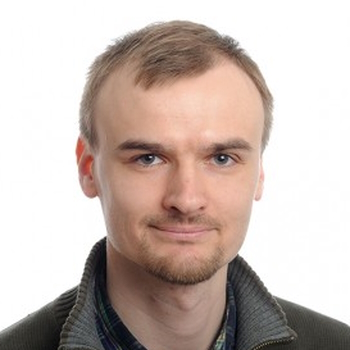
Nikita Vladimirov, PhD, URPP Adaptive Brain Circuits in Development and Learning (AdaBD) , University of Zurich

Nikita Vladimirov, PhD, URPP Adaptive Brain Circuits in Development and Learning (AdaBD) , University of Zurich
Nikita Vladimirov’s expertise is light-sheet microscopy, programming, and computational neuroscience. He did his PhD in computational biology at Heidelberg University and a postdoc in computational neuroscience at IBM Research. Interest in neuroscience led him to zebrafish brain imaging at HHMI Janelia Research Center. He then joined the BIMSB/MDC institute in Berlin where he received a Marie-Curie fellowship for his innovative project in light-sheet microscopy with adaptive optics. Tinkering with a mesoSPIM setup at the BIMSB Systems Biology Imaging core grew into a long-term commitment to this open-science project. In summer 2021 he joined the URPP Adaptive Brain Circuits in Development and Learning (AdaBD) at the University of Zurich to lead future development of the mesoSPIM project.
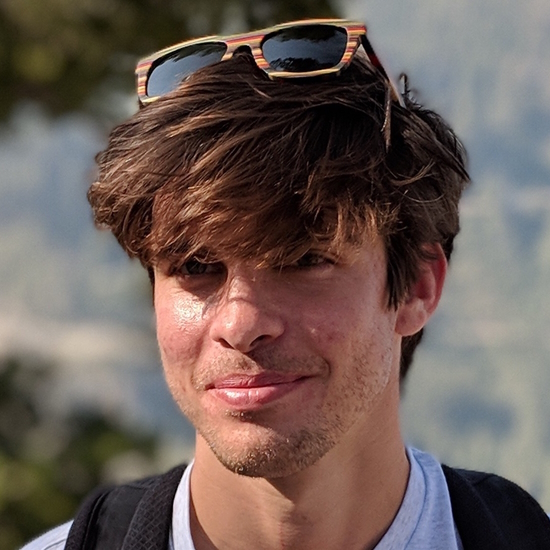
Henry Pinkard, UC Berkeley/Photomics Inc, USA

Henry Pinkard, UC Berkeley/Photomics Inc, USA
Henry Pinkard spends half his time doing postdoctoral research in the Computational Imaging Laboratory at UC Berkeley, where he currently works on applying information theory to design and evaluate the performance of the physical and algorithmic components of imaging systems. The other half is spent at Photomics, Inc, a company he founded to advance open source microscope acquisition software. Previously, he did his PhD with Professor Waller, where he worked on data-driven adaptive microscopy and in the Vale Laboratory at UCSF on Micro-Manager, an open source microscope control software. He has continued to work on Micro-Manager for over a decade, and created Pycro-Manager, which enables customization and automation of Micro-Manager through the Python programming language.

